Personally, I had the exciting opportunity to present my first poster at an academic conference, entitled ‘Indigenous knowledge integration and community-based research practices among Northern researchers’. The poster session was a very enjoyable experience, and my project will definitely benefit from the conversations I had with researchers hailing from a wide variety of disciplines.
Dr. Martin Raillard, the Chief Scientist of Polar Knowledge Canada (POLAR), delivered the opening day’s keynote lecture. He spoke passionately about Canada’s leadership position in Arctic research, and the capacity for POLAR to guide other nations towards Indigenous-identified research gaps in Arctic contexts. Among other things, he emphasized the importance of relationships; specifically, that meaningful relationships are what matter the most when it comes to research in the North.
On the topic of relationships, ACUNS 2018 was also an opportunity for several members of the Harper Lab, be they based out of Edmonton, Guelph or elsewhere, to reconnect in a fairly informal setting. David Borish, fresh off the plane from the North American Caribou Workshop in Ottawa, gave an incredible presentation on exploring Inuit-caribou relationships through community-led audio-visual methods. Spoiler alert: David won the award of top oral presentation among PhD students! Outside of the conference, there were several fun activities planned for the Harper Lab, including attending an Oilers game (they won 4-0!), splitting forces to compete in an escape room, and going out for a nice meal.
Back at the conference, Mr. Duane Ningaqsiq Smith, the Chairperson and Chief Executive Officer of Inuvialuit Regional Corporation, delivered a powerful keynote lecture wherein he referenced some personal experiences with research in the Inuvialuit region. He offered a simple but wise recommendation to do your research (about the region and its people) before you head North to do your ‘actual’ research. Aside from the keynote speakers, the program was packed with research presentations covering an immensely broad range of topics, from traditional Inuit sewing and beading practices, to changes in lichen biomass.
Despite the breadth of content covered in the conference’s three days, there were indeed some unifying themes. Notably, an emphasis on active, mutual learning with Northern community members and/or local representatives appeared to be emerging across essentially all domains of Northern research. Even projects that were seemingly unrelated to humans often took place on the territories of Indigenous communities and served to benefit from the Indigenous knowledge of that region, but more importantly, had a duty to ensure constant consent and approval from the local populations. Several presenters also mentioned a shift towards Indigenous-led research and ownership of results as a method of enhancing the local relevance of research practices. The concept of the Arctic being large in geography but small in ‘feel’ was also an underlying thread throughout the conference’s presentations and coffee break discussions. Many individuals have lived or worked in the same communities and thus knew lots of the same people!
Wrapping up the conference, the Guelph-born explorer extraordinaire James Raffan delivered the keynote lecture at Saturday night’s closing gala. He spoke of his latest adventure: Travelling around the Arctic Circle at 66.6 degrees latitude to engage with locals and learn how they’re being affected by climate change. Despite his own decision to leave the world of academia, James offered high praise for the passion and commitment to meaningful research on display at ACUNS 2018.
Overall, this conference was a wonderful opportunity to learn from the future generation of Arctic researchers, and allowed many members of the Harper Lab to reconnect at the University of Alberta!



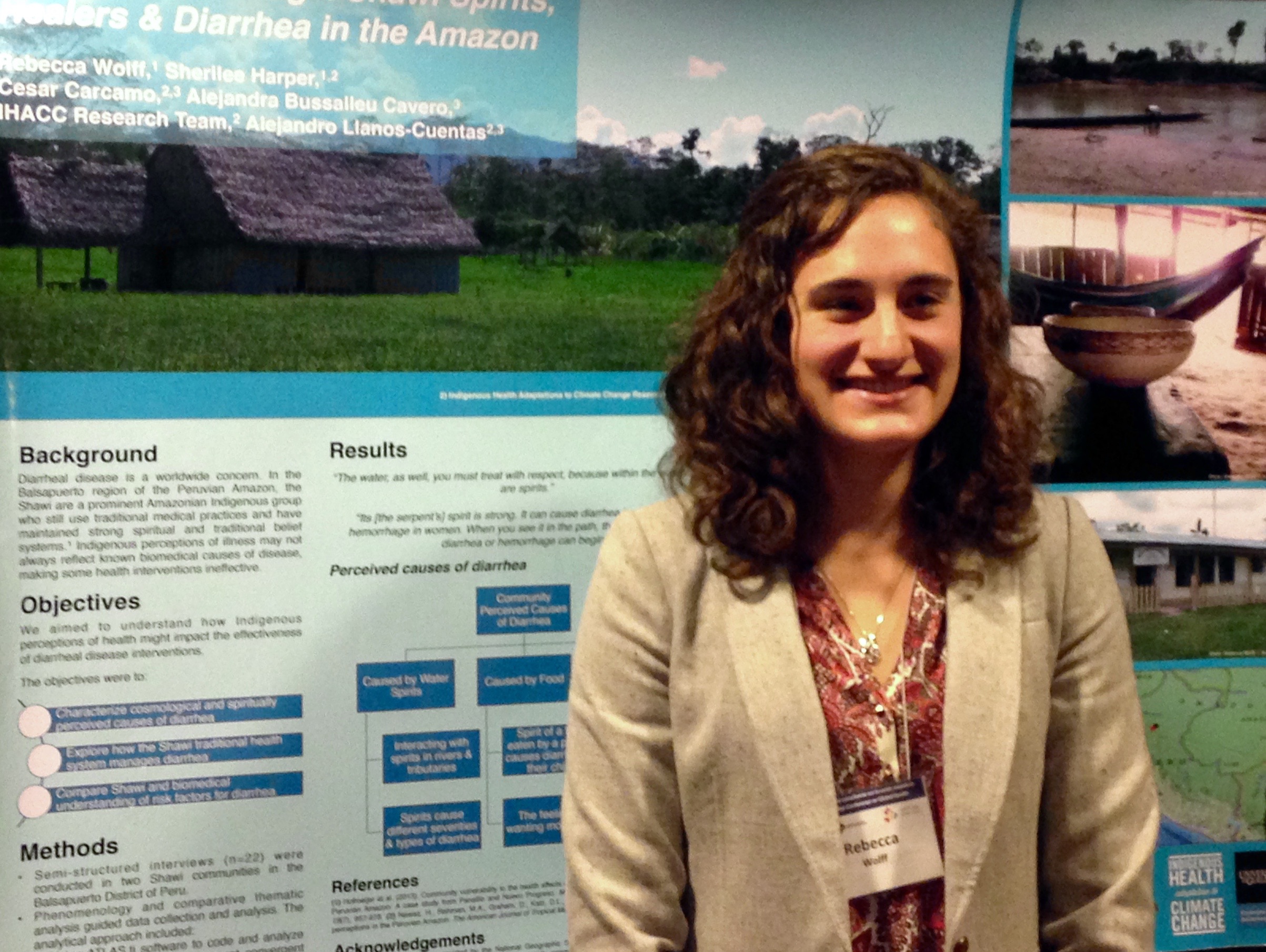













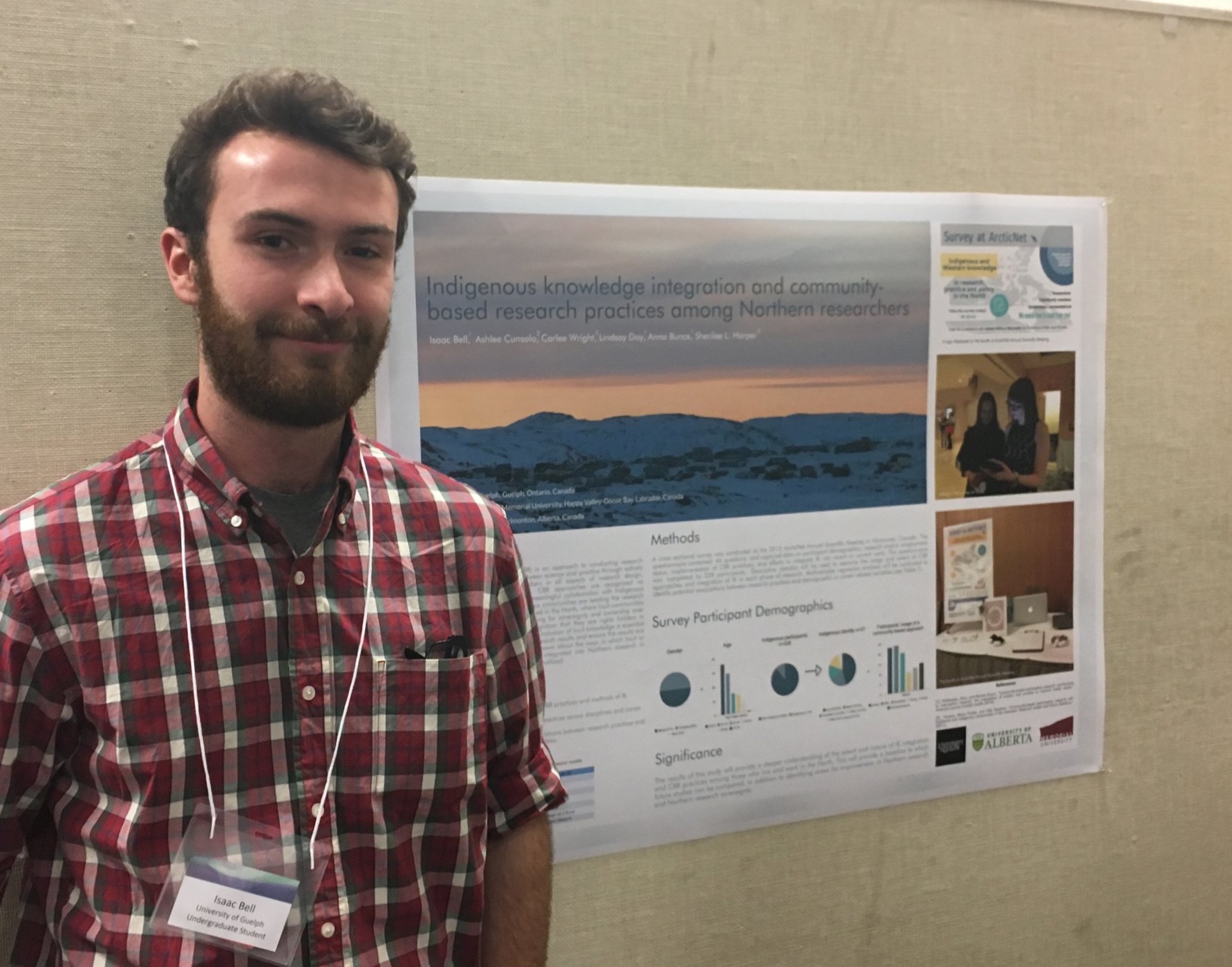
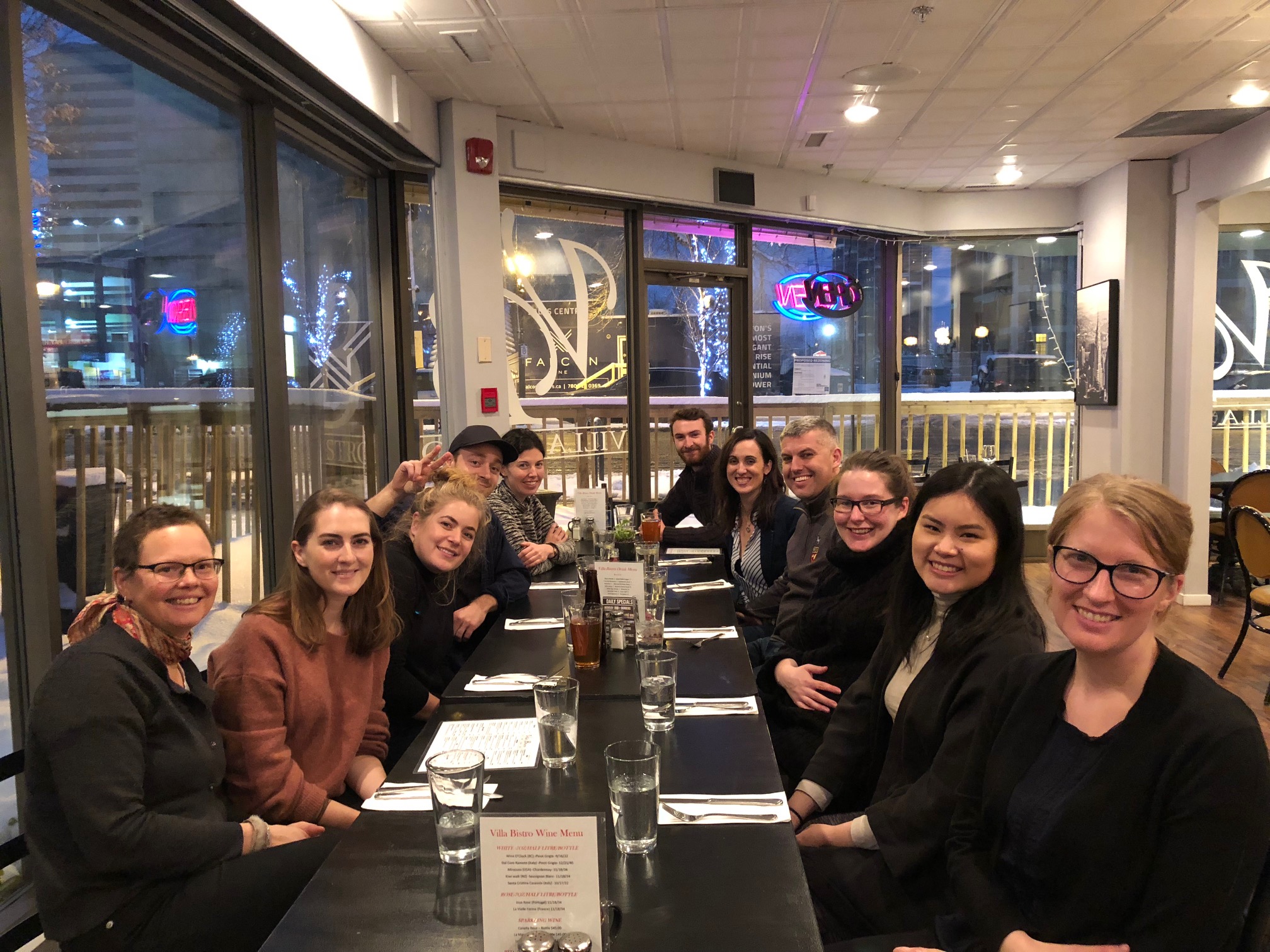

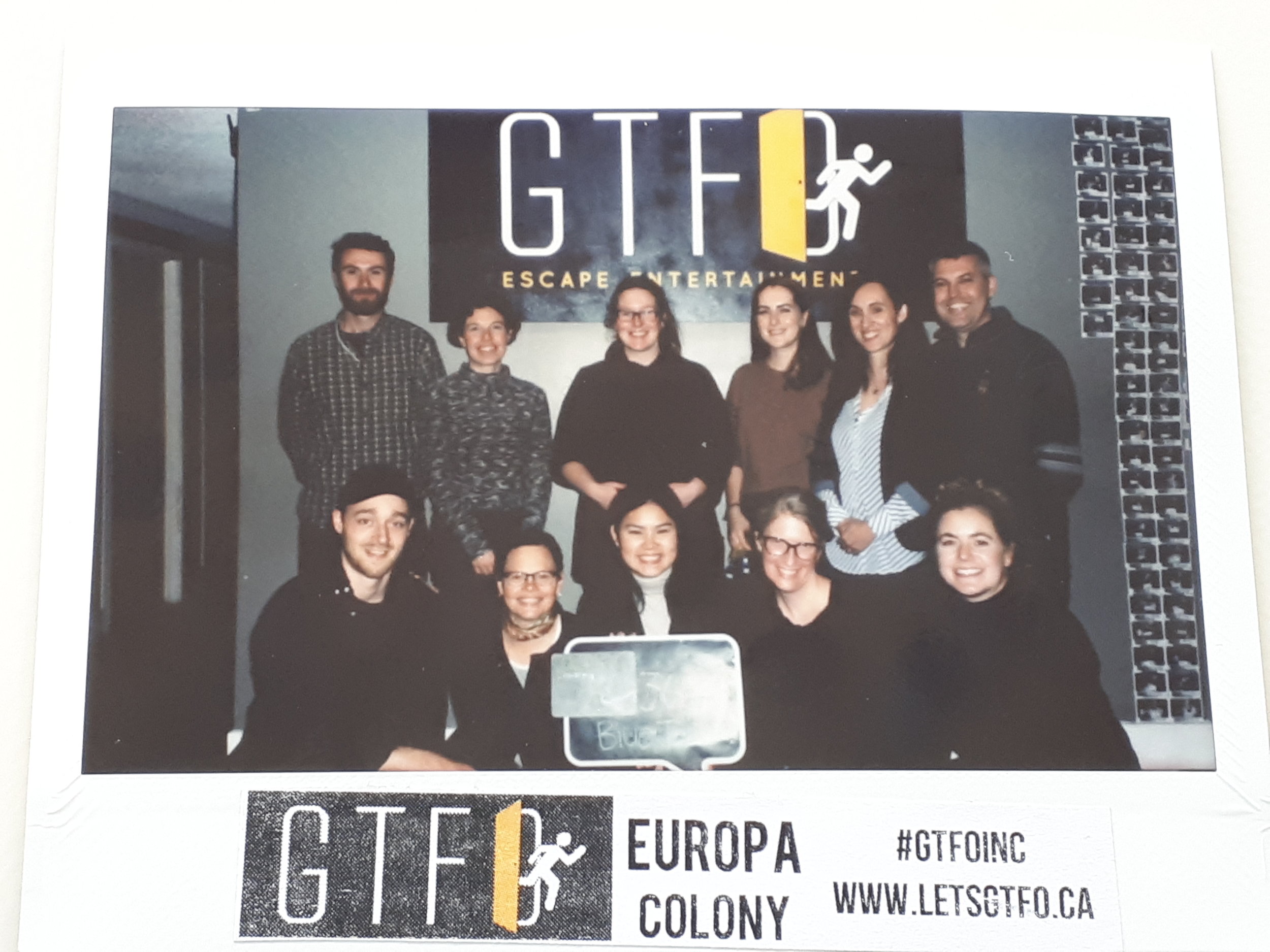
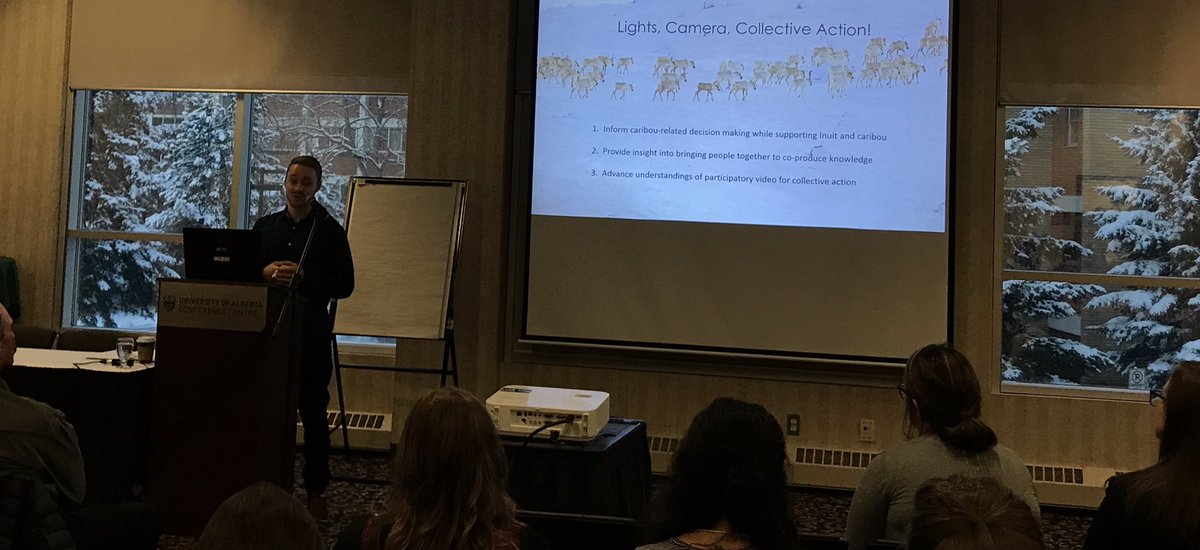

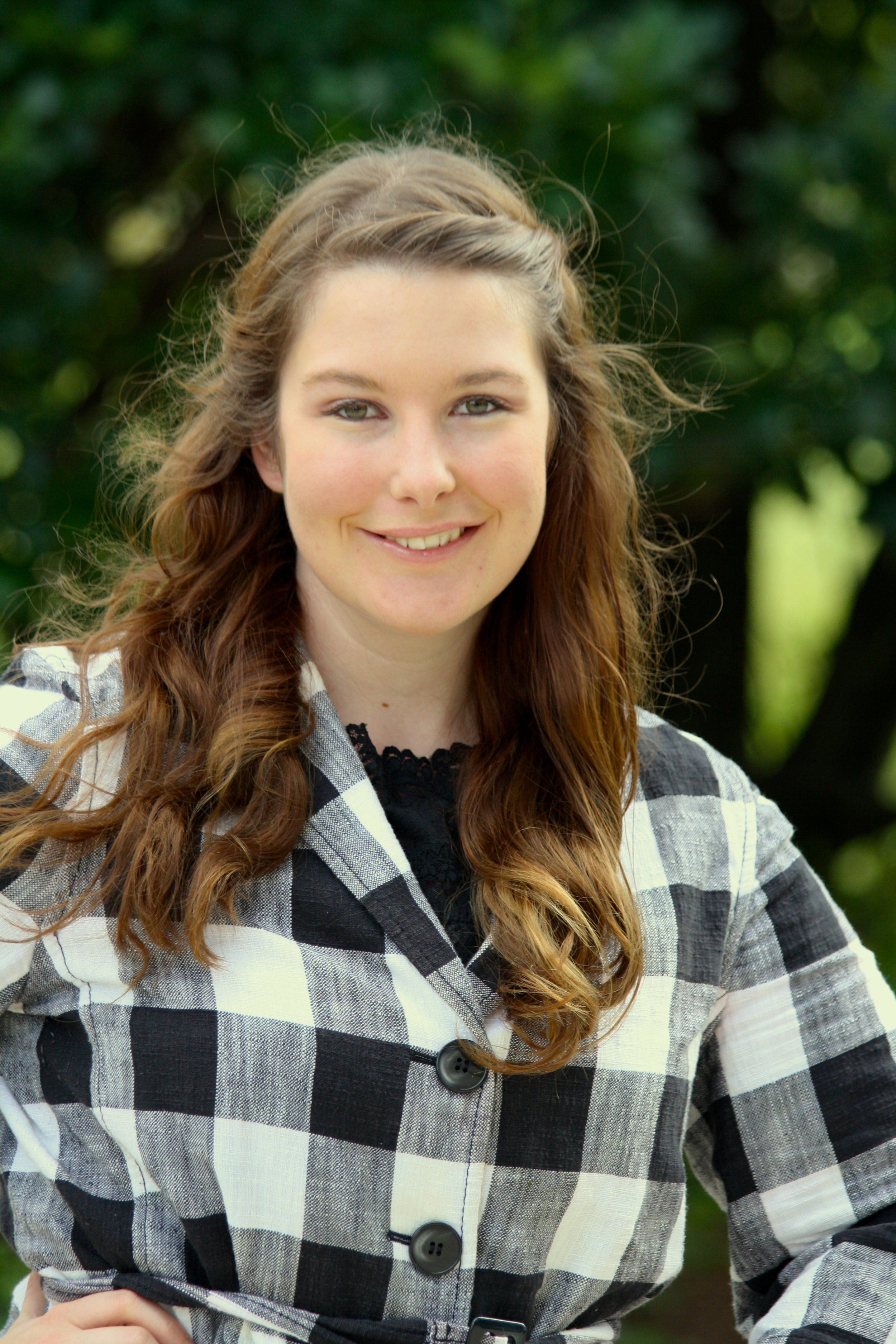
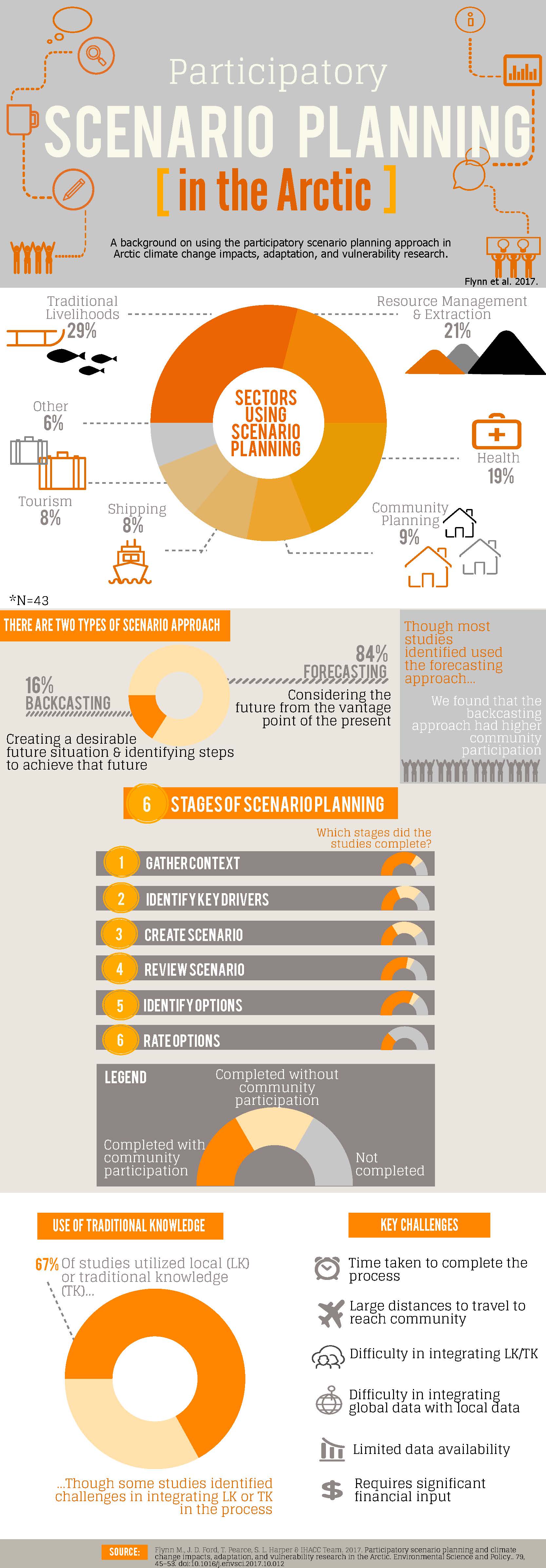 Congratulations to
Congratulations to 